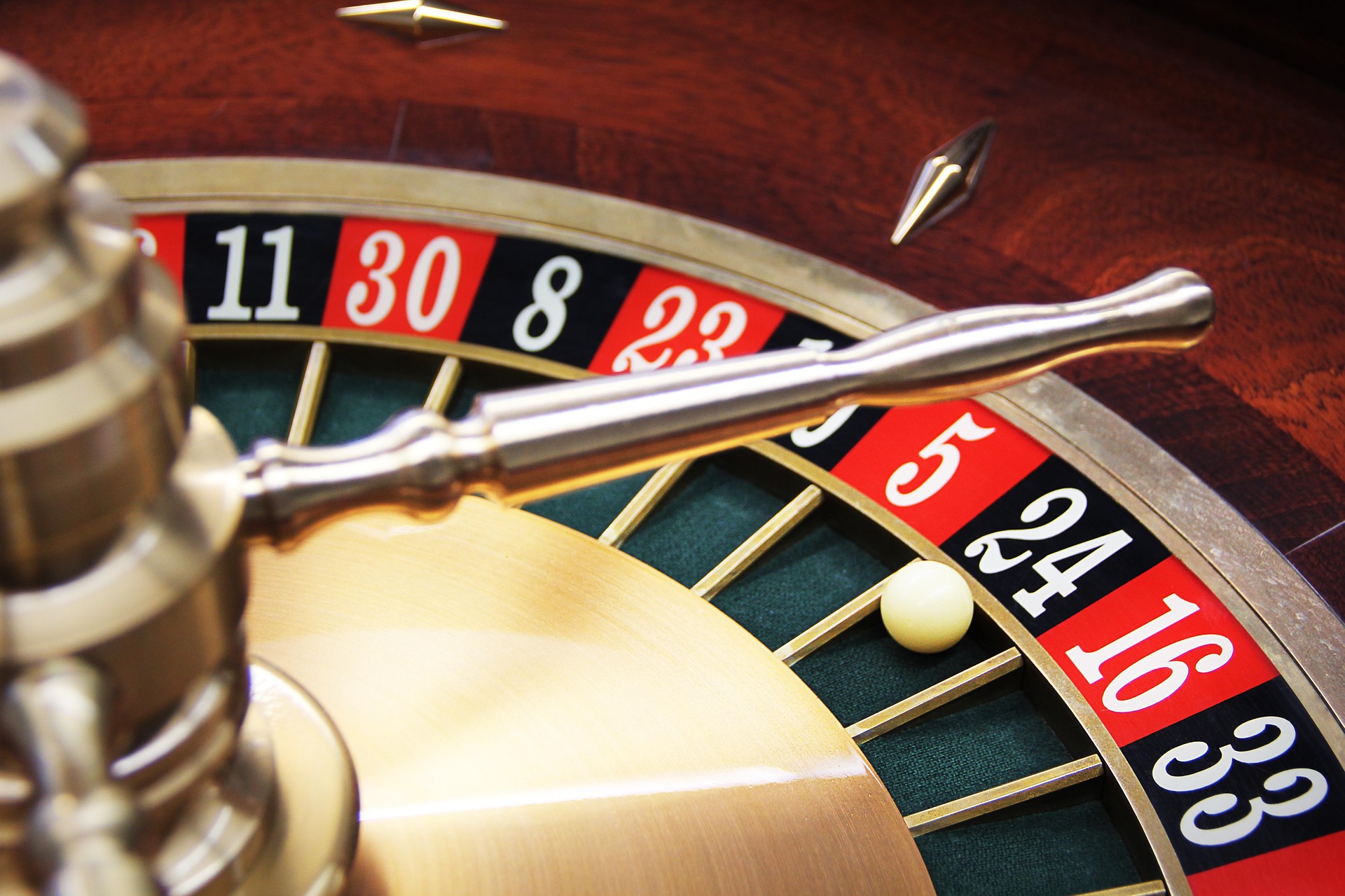In the recently surfaced award, the arbitral tribunal in Olympic Entertainment Group v Ukraine found that Ukraine’s gambling ban introduced back in 2009 breached the Agreement between the Government of the Republic of Estonia and the Government of Ukraine for the Promotion and Reciprocal Protection of Investments (“Ukraine-Estonia BIT”) and constituted indirect expropriation of the claimant’s investment in Ukrainian gambling market.
The case’s roots go to the historical decision by Ukraine to outlaw the gambling activities in the country in their entirety in June 2009 as the result of adoption of the Gambling Ban Law by Ukraine’s Parliament. The lawmakers’ official rationale for the ban was the desire to prevent alleged harmful effect that gambling had on public health and morals.
The formal antecedent that ignited the government and Parliament’s joint crusade against the gambling industry was a tragedy that happened in May 2009 at one of the gambling establishments in Dnipro (that had no relation to the claimant) where 9 people died as the result of a fire. The uproar caused by the tragic accident was quickly exploited by political leaders as an excuse to stigmatize the entire gambling industry and advance the idea of banning gambling business in Ukraine once and for all.
Curiously, despite the avalanche of political enthusiasm surrounding the introduction of the ban, not all stakeholders upheld the radical measures. In particular the President initially vetoed the law citing devastating effects of the total ban on gambling businesses and the Gambling Ban Law’s incompatibility with Ukraine’s Constitution. Yet, the Parliament managed to overrule the President’s veto in a staggering landslide vote, with 86% of MPs voting in favour of the ban.
A particularly draconian feature of the Gambling Ban Law was the absence of any grace period for the gambling operators to gradually wind down their operations. Although the Gambling Ban Law envisaged a possibility for adoption of legislation permitting gambling in specially designated areas in the future, this legislation has never seen the light of a day.
Finally, in 2020 Ukraine has dramatically changed its stance on gambling and reintroduced gambling licenses for a variety of gambling activities, including physical and online casinos, betting, slot machines halls, online poker, etc. The authors of the new gambling law reasoned that the 2009 ban failed to produce a positive effect, citing loss of tax revenues by the state and the upsurge of the illicit gambling market.
The claimant company is an Estonian investor, being part of an international business group running numerous gambling operations in the Baltic states, as well as Slovakia and Italy. The claimant (who entered Ukrainian market in 2004 and operated several gaming establishments in Ukraine) argued that the gambling ban breached Ukraine-Estonia BIT’s provisions on prohibition of unlawful expropriation, fair and equitable treatment and full protection and security. The claimant also sought approx. EUR 12.4 mln as compensation for the investments lost as the result of the gambling ban.
The tribunal dismissed Ukraine’s jurisdictional objections and proceeded to find that Ukraine’s 2009 gambling ban constituted an indirect expropriation of the claimant’s investments in Ukraine. Although the tribunal stressed that the gambling ban seemed to pursue reasonable public objectives of protecting public health and morals, the ban failed to meet the requirement of proportionality.
In particular, the tribunal highlighted absence of any adjustment period for the gambling operators following the ban, the devastating effect of the ban itself, which made claimant’s investment in Ukraine simply unviable, and the failure by Ukraine to compensate the claimant for its losses caused by the ban. In the same vein, the tribunal confirmed that the gambling ban fell short of complying with the fair and equitable treatment standard under the Ukraine-Estonia BIT. Eventually, the tribunal awarded the claimant approx. EUR 7.5 mln in compensation.
The claimant in the above case was not alone in successfully challenging the 2009 gambling ban. In 2019 the European Court of Human Rights in case Svit Rozvag and others v. Ukraine confirmed that the 2009 gambling ban violated Article 1 of Protocol No. 1 to the Convention for the Protection of Human Rights and Fundamental Freedoms with respect to claims of two Ukrainian entities and one individual, whose licenses were revoked as the result of the ban. The ECtHR emphasized that the ban imposed a disproportionate burden on the applicants and similarly to the arbitral tribunal stressed the absence of a transition period for holders of gambling licenses and the state’s failure to provide compensation of the license holders’ losses.
